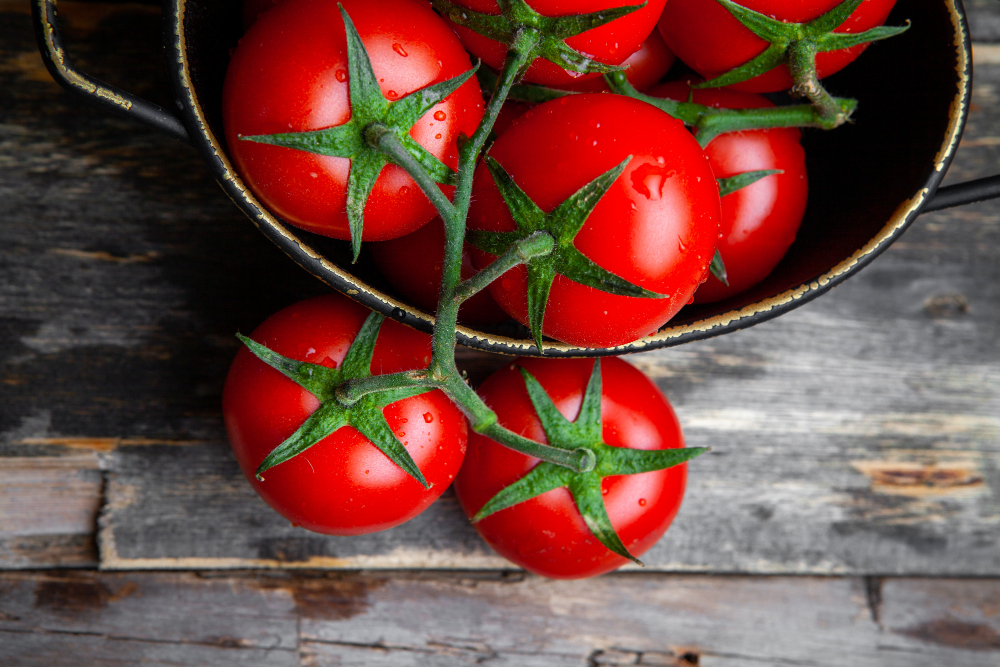The Spanish tomato industry is facing a dramatic crisis. A sharp decline in exports combined with an explosive increase in imports from Morocco threatens the very existence of this traditional and vital sector. Representatives of the Spanish agricultural sector have sounded the alarm in Brussels, demanding swift and decisive action from the European Union (EU).
Historical Decline: Spain’s Tomato Production Under Pressure
The figures speak for themselves: Over the last decade, national tomato production for fresh consumption in Spain has plummeted by a staggering 31%. From over 2.3 million tons in 2014, the volume dropped to less than 1.65 million tons in 2024. This decline directly impacts Spanish exports, which have fallen by 25% to the EU – excluding the United Kingdom.
Morocco’s Rise: Imports Explode by 269%
Parallel to Spain’s decline, tomato imports from Morocco are experiencing an unprecedented boom. Over the same period, imports from the North African country surged by an incredible 269%, from just 18,000 tons to over 66,000 tons. This development is creating immense competitive pressure on Spanish tomato farmers.
FEPEX Demands Reform of the EU-Morocco Agreement
FEPEX, the Integrated Association (COEXPHAL), and the European Fruit and Vegetable Association (EUCOFEL) blame the inadequate implementation of the Association Agreement signed between the EU and Morocco in 2012 for the current crisis. In particular, the import price system, which was intended to protect agricultural production in the EU, has failed.
The organizations are therefore calling for urgent reform. Their proposals include:
- Introducing differentiated tariffs depending on the type of tomato imported.
- Setting import thresholds that reflect actual production costs.
- Activating the safeguard clause when imports from third countries cause serious harm to local producers.
Western Sahara Greenhouses: A New Threat?
Another sensitive issue raised in Brussels is the expansion of greenhouse farms in Western Sahara. From this region, tomato exports to Europe are increasingly promoted, threatening to displace Spanish production, especially from Almería, and French production from the EU market.
In this context, agricultural representatives are urging the strict application of two recent rulings by the Court of Justice of the European Union from October 4, 2024:
- Cases C-779/21 P and C-799/21 P: Agricultural products from Western Sahara cannot benefit from the tariff preferences provided for in the agreement between the EU and Morocco.
- Case C-399/22: There must be a clear indication of the country of origin or place of provenance of food produced in this territory.
The full and effective implementation of these rulings is crucial to curbing what FEPEX considers unfair competition and ensuring the continued existence of this strategically important sector for Spanish agriculture.




